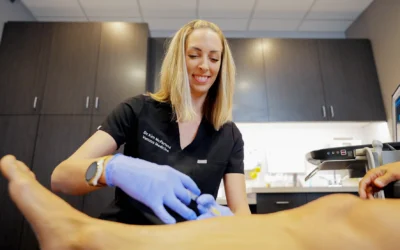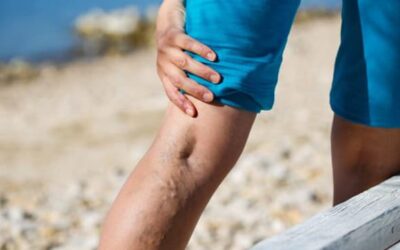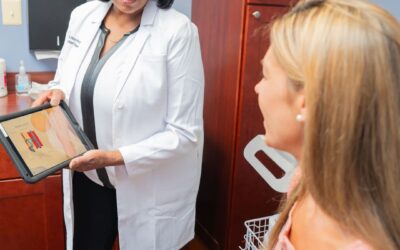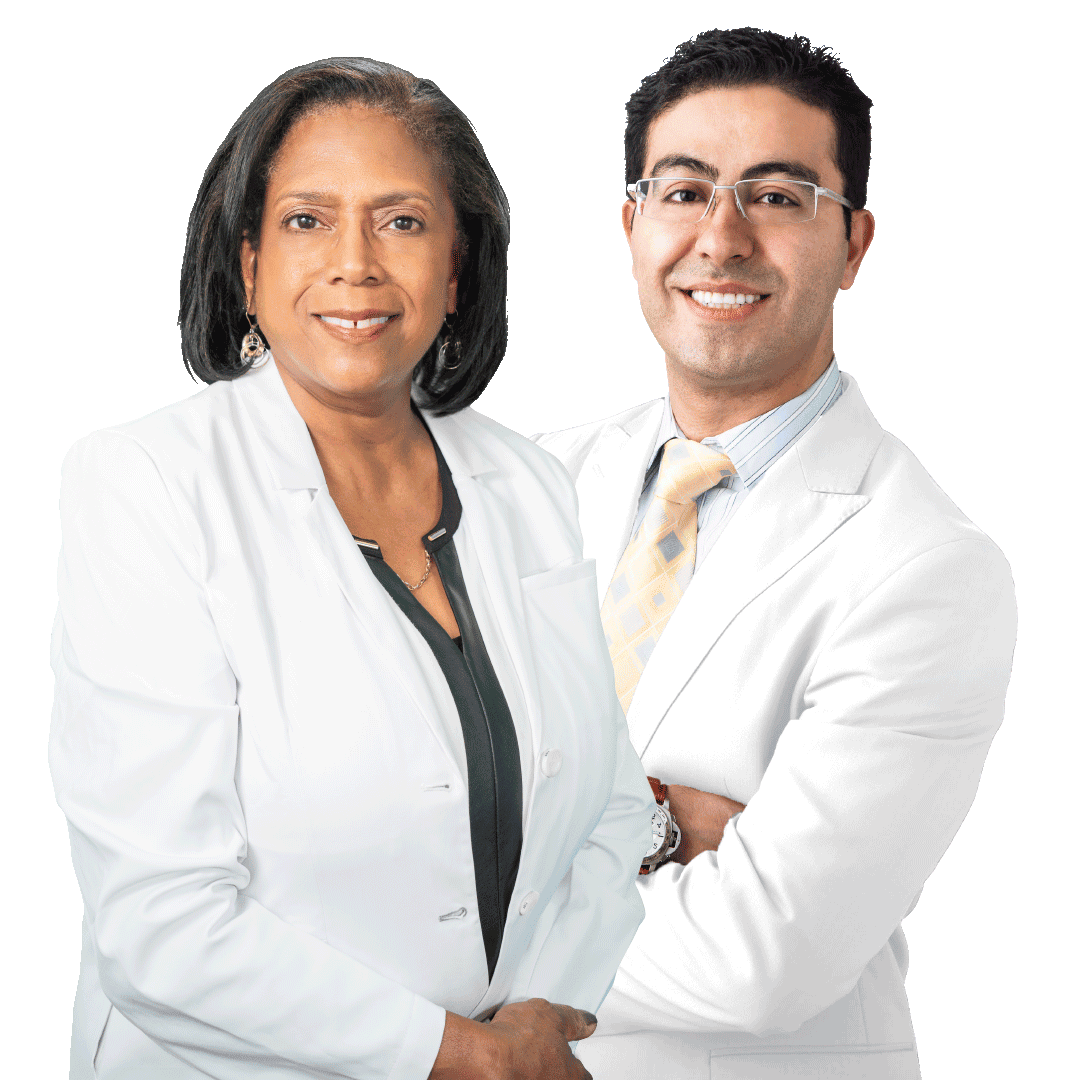Top Maryland Vein Doctors
What is a Varicose Vein Specialist Called? And Other FAQs About Vein Doctors
What is a varicose vein specialist called?
The official terminology for a varicose vein specialist is phlebologist. But phlebologists are colloquially known as vein doctors, vein specialists, vein experts, vein physicians, or vascular doctors. Phlebologists can come from all fields of medicine, including cardiology, dermatology, internal medicine, or anesthesiology, provided they have specialized training in the diagnosis and treatment of vascular conditions, such as varicose veins and spider veins.
Maryland Vein Treatment is led by extremely skilled vein doctors who have graduated from Ivy League medical schools and undergone advanced training in vein care from reputable residency programs. Our vein doctors have specialized training in the latest and safest minimally invasive vein treatments. You can find our vein doctors at 10215 Fernwood Rd, Suite 301, Bethesda, Maryland. Please schedule an appointment online to meet our vein doctors.
What is the phlebology definition?
Phlebology is the branch of medicine concerned with the prevention, diagnosis, and treatment of vascular conditions, such as spider veins, varicose veins, chronic venous insufficiency, leg ulcers, restless leg syndrome, and deep vein thrombosis. If you have any of the signs or symptoms of chronic venous insufficiency, the root cause of most vein problems, you need to contact a good vein and vascular specialist.
How can I find a good vein and vascular specialist?
The barrier to entry into vein care/ phlebology is fairly low. Medical doctors can call themselves phlebologists or vein doctors after passing a few written examinations, even if they have minimal practical experience with vein treatments. Most inexperienced vein doctors treat spider veins and varicose veins as purely cosmetic issues — they treat spider veins without investigating the root cause of the condition. Such a superficial vein treatment process leads to a high risk of vein disease recurrence.
To ensure safe and long-lasting results, you must find good vein and vascular specialists. The following are the factors to consider when looking for spider and varicose vein doctors.
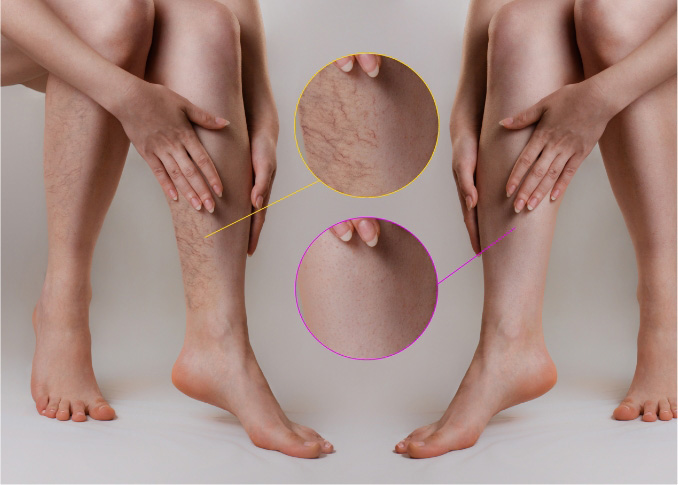
We know health insurance is confusing so we will help you check if you’re covered:
FREE Coverage Checker:
Residency Programs & Fellowships
Look for vein doctors who have completed residency programs and fellowships in subjects related to vein care. To complete residency programs in vein care, physicians must perform complex endovascular procedures for a wide range of vascular conditions, which ensures a high level of expertise.
ABVLM Board Certification
The American Board of Venous and Lymphatic Medicine is an organization that officially certifies the country’s top 1% of vein doctors. To get ABVLM board-certified, vein doctors must complete advanced residency programs and stay abreast of the latest developments in vein care. As such, you should ideally look for board-certified vein doctors.
Specialized Training in Vascular Imaging
Your vein doctor must have specific training in vascular imaging techniques, such as duplex ultrasound. Vascular imaging is an essential component of the diagnosis and treatment process. It allows vein doctors to visualize the blood flow in your leg veins and diagnose chronic venous insufficiency, the root cause of most vein problems.
Specializing in Minimally Invasive Procedures
You must look for vein doctors specializing in minimally invasive spider vein and varicose vein treatments, such as radiofrequency ablation and laser ablation. Minimally invasive procedures are safer, more effective, and more comfortable than varicose vein surgery, so you must avoid vein doctors who offer surgical treatments for vein disease.

Visit Our Maryland Vein Treatment Center
Excellent Bedside Manners
You must find vein and vascular specialists with excellent bedside manners. They must listen to your symptoms and concerns with the utmost patience, understand your goals, and curate personalized treatment plans for you. If your vein doctor rushes into a diagnosis without proper investigation, that’s a warning sign to find another vein doctor.
How to prevent varicose veins and spider veins?
Spider veins and varicose veins are extremely common conditions that can happen to anyone, male or female. You may suffer from vein problems for a complex range of factors, such as genetic predisposition, age, pregnancy, hormonal changes, being overweight, or a sedentary life/ occupation that involves sitting or standing still for long periods of time. There are no definitive means of preventing varicose veins and spider veins, but you can minimize the risk of vein problems with a few lifestyle changes.
The following lifestyle changes can minimize the risk of varicose veins and spider veins:
- Wear compression stockings regularly.
- Engage in aerobic exercises that activate the calf muscles, such as running, cycling, swimming, and yoga.
- Elevate your legs while sitting down.
- Don’t sit or stand still for long periods of time.
- Prop your legs up on pillows while lying down.
- Stay hydrated and drink lots of water.
Is a surgical treatment for varicose veins necessary?
Surgical treatment for varicose veins is unnecessary and inadvisable. Varicose vein surgery was the standard treatment for varicose veins and vein disease a few decades ago. Surgical treatments for varicose veins involved hospitalization, general anesthesia, multiple excisions, and weeks of downtime. But thanks to recent advancements in vein care and technologies, we can treat varicose veins and the root cause with minimally invasive procedures.
Minimally invasive varicose vein treatments are safer, more effective, and more comfortable. They conclude within an hour, involve a small incision on the skin’s surface, and the risk of complications is negligible. Furthermore, minimally invasive vein treatments have a negligible risk of complications and vein disease recurrence. If you have varicose veins or vein disease, please look for vein and vascular doctors with specific training in minimally invasive procedures.
Don’t ignore your symptoms.
At Vein Treatment Clinic, we’re here for Maryland patients with expert vein doctors and convenient locations close to home.
Whether you’re in Bethesda, Bowie, or Maple Lawn, you’ll find advanced care for spider veins, varicose veins, and chronic venous insufficiency at our clinics.
Patients across Maryland trust our Ivy League–trained, board-certified specialists for minimally invasive treatments that improve circulation, relieve pain, and restore confidence. In Maryland, our team includes Dr. Kamran Saraf and Dr. Lisa Alford, two highly experienced vein experts dedicated to providing personalized care.
Book your consultation today at the clinic nearest you.
